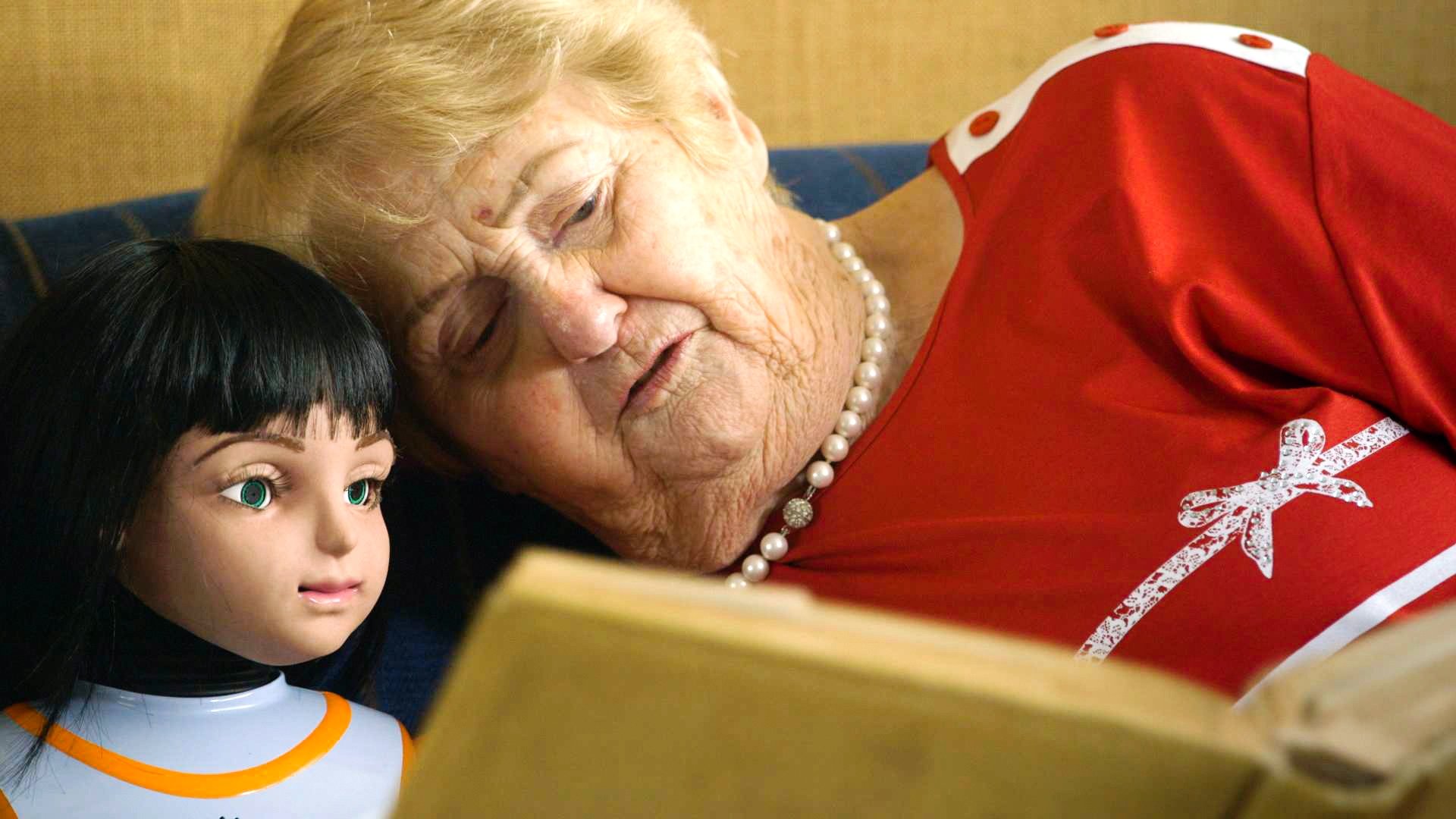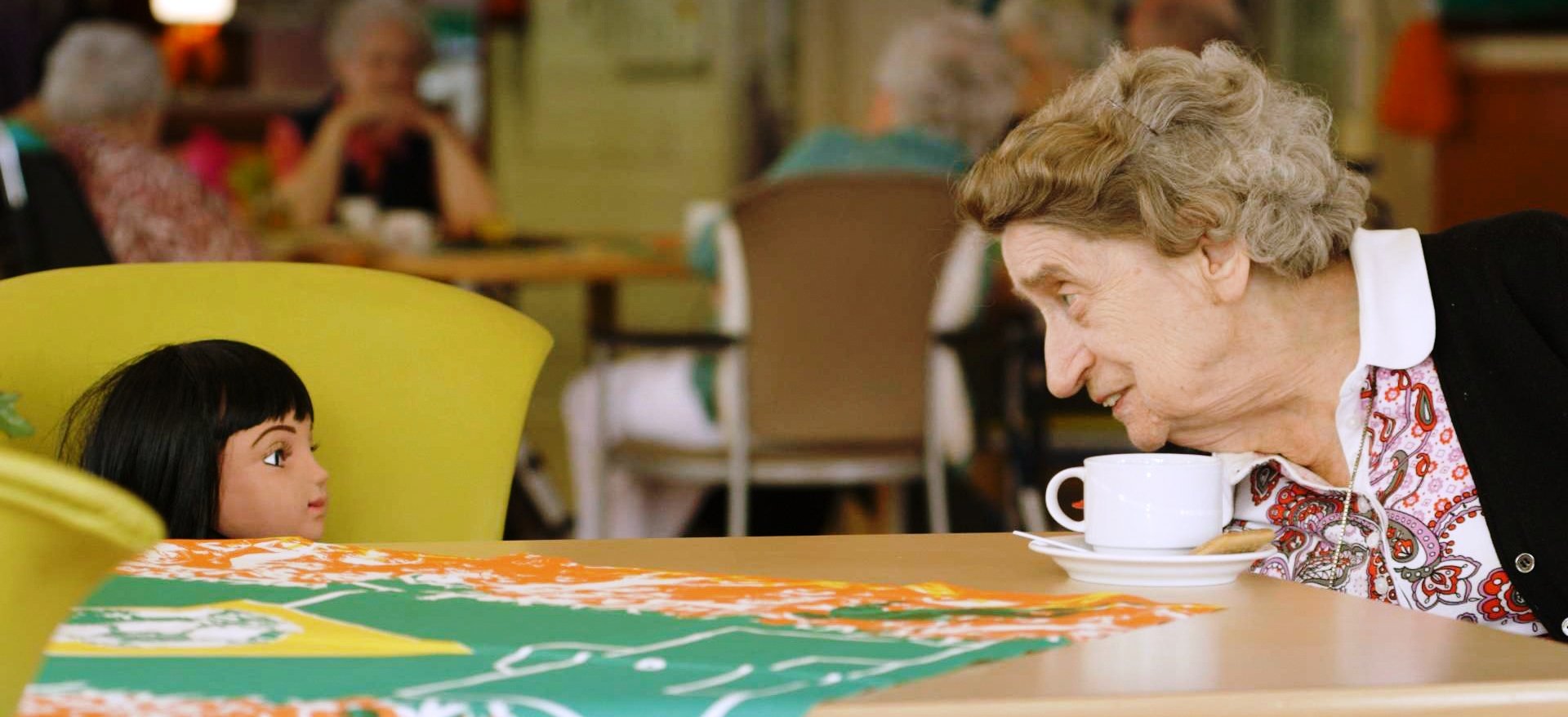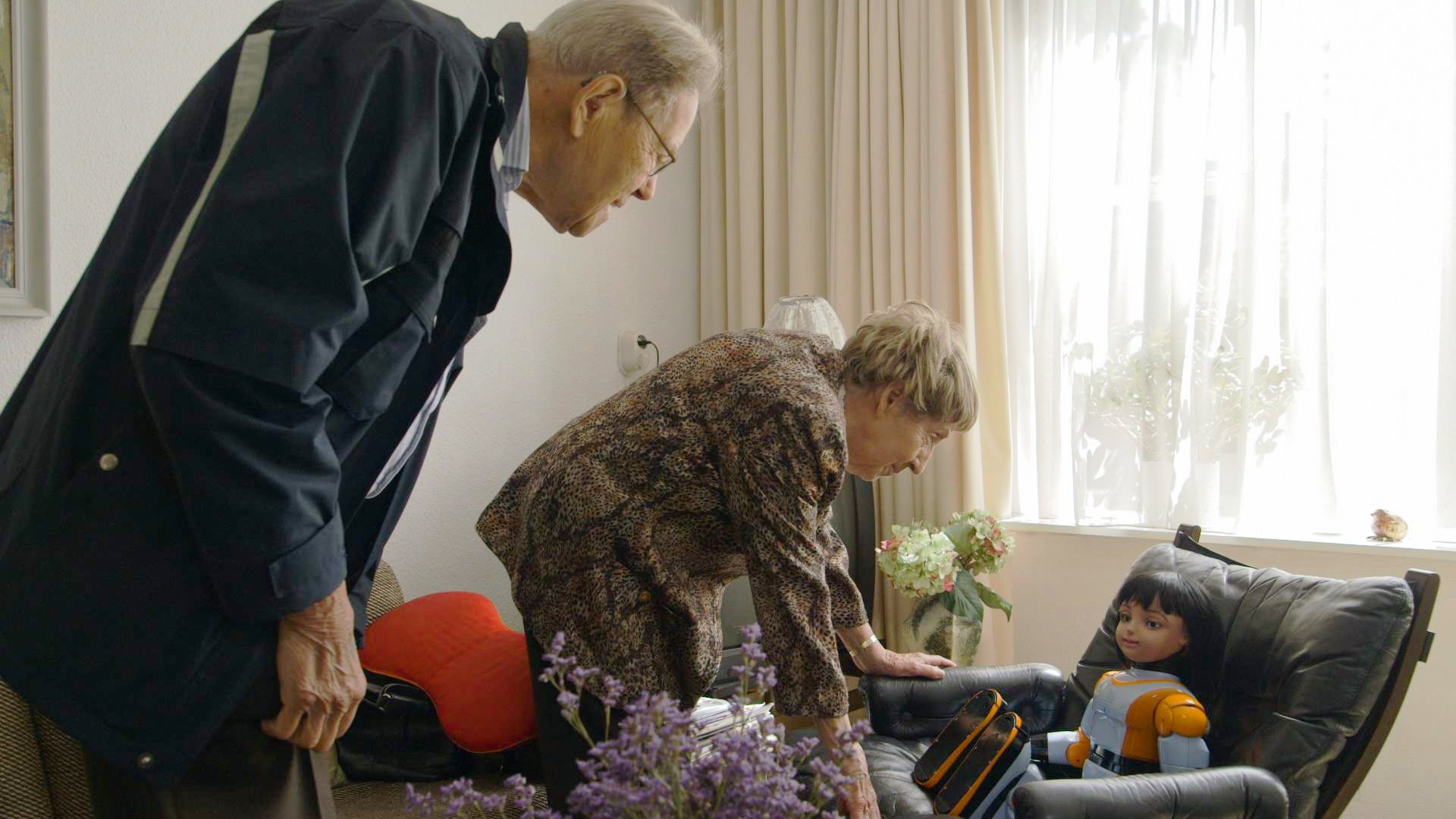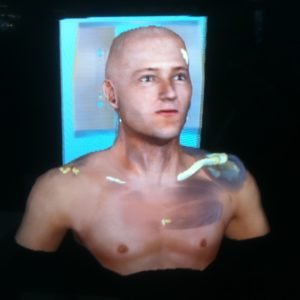Silicon Coppélia: Caredroid Alice
Caring for patients with communication and interaction problems can be a challenge. To aid care workers with this job, care droid Alice was developed. Dr. Johan Hoorn (researcher in social robotics at the Vrije Universiteit) developed a psychological model that describes affective decision making for social robots.
The model could increase the level of support that Alice provides if it was part of her “brain”. For more information about Alice, watch the documentary “Alice Cares” by Sander Burger.


More natural behavior
For the research project Silicon Coppélia, a psychological model is implemented, so care droids will behave more natural.
The aim of the software is to align emotional intelligence and moral reasoning. Luminis made it possible to monitor the implementation, so that scientists can observe the exact output. Industry standards were used, so that others can work on the model and the software after delivery.
Open Innovation project
A psychological model has been implemented in an actor-based, visual modelling environment (called Ptolemy II), with an implementation for each actor in the model, a formal description, documentation and tests. The model and the software are now available for use and further development and scientific research. They can be used under an open source license.
Photos: KeyDocs





